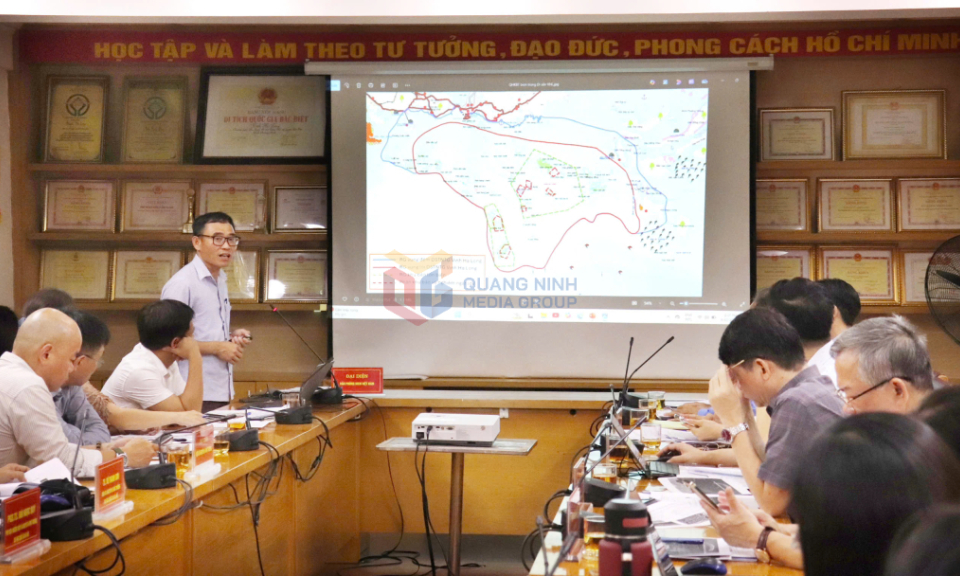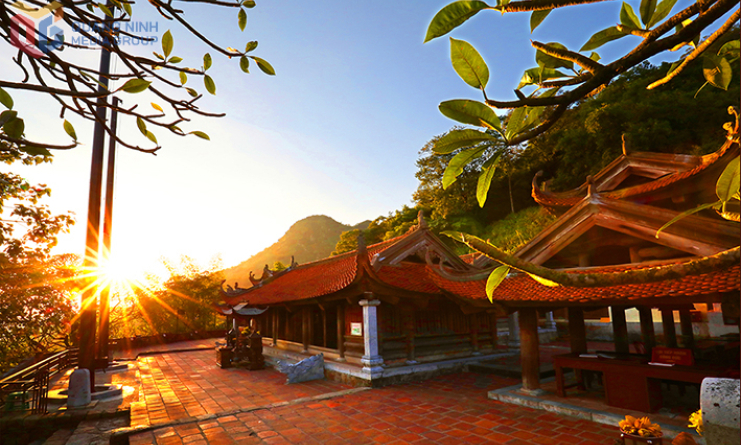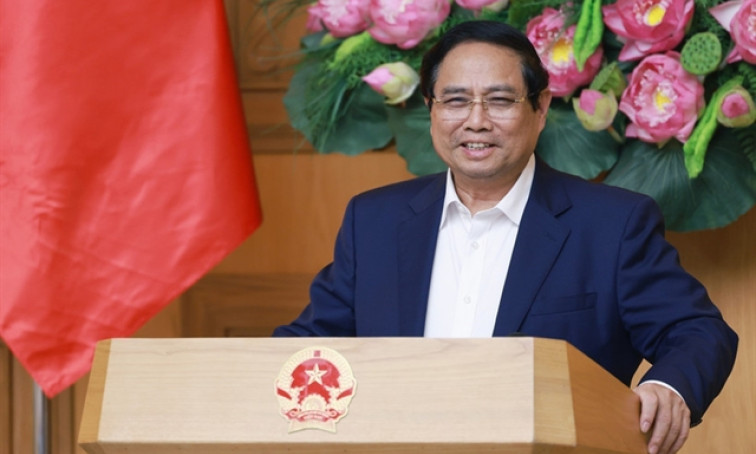Empowering ethnic minority communities through trusted local leaders
Nestled in Vietnam’s northeastern border region, Quang Ninh’s Hai Ha district is a unique blend of mountains, coastline, and island communities, where over 25% of the population belong to ethnic minorities, predominantly the Dao and Tay people. In this diverse cultural landscape, trusted local leaders have emerged as vital connectors bridging the government and local communities, preserving heritage, and driving inclusive, sustainable development.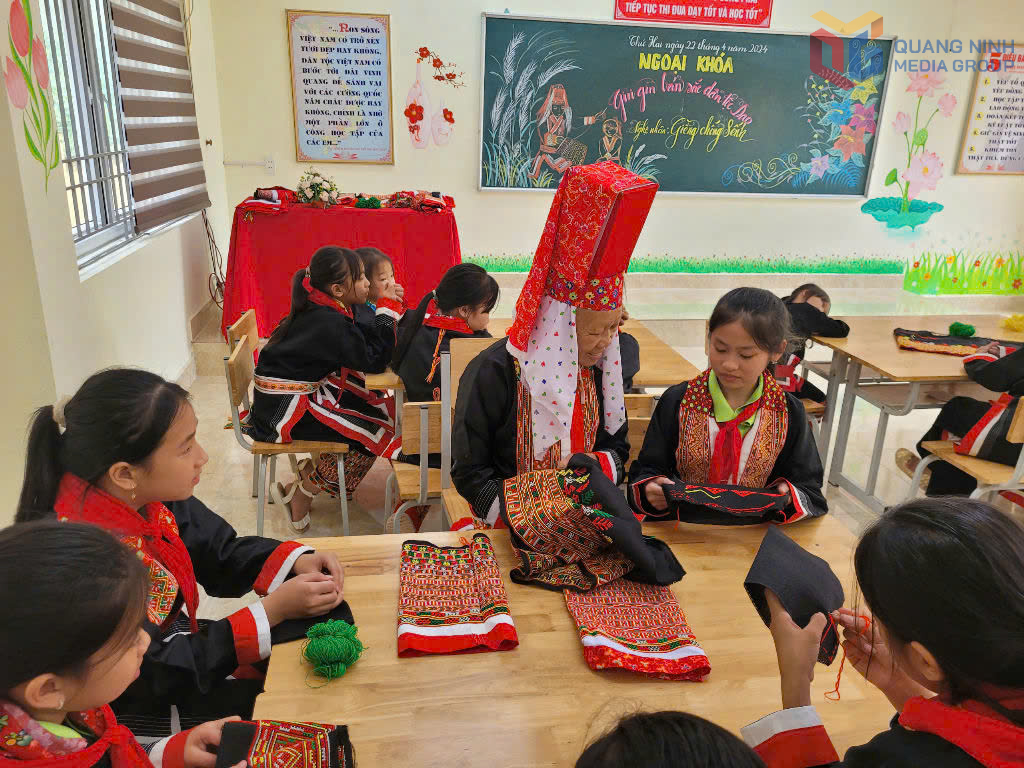
Recognized by Quang Ninh province for their contributions, 35 individuals in Hai Ha have been officially honored as “trusted community figures,” with Dao people making up over 88% of this group. These respected individuals are influential voices within their villages, playing a central role in promoting Party guidelines, State laws, and community-based initiatives.
Their leadership has been instrumental in fostering social cohesion, eliminating outdated customs, and enhancing legal awareness among residents. By encouraging the adoption of modern agricultural practices such as silage maize cultivation, afforestation, and livestock farming, they have helped dozens of households lift themselves out of poverty.
Initiatives led by figures like Mr. Phun Duc Tai (Quang Minh commune) and Mr. Duong Chong Soi (Duong Hoa commune) reflect how grassroots leadership can transform lives and livelihoods.
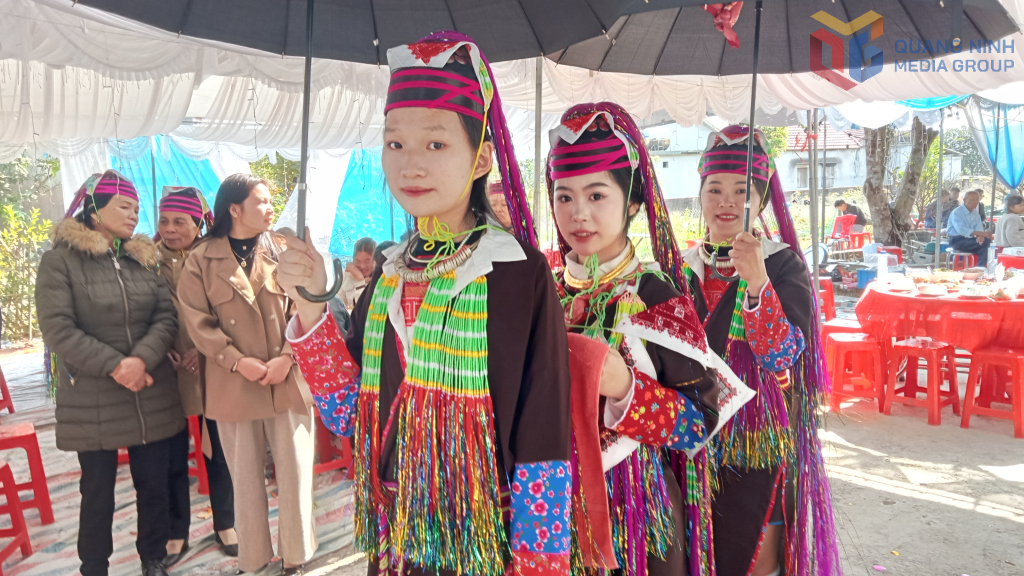
In border protection and public security, these local leaders act as frontline partners of the government. They mobilize communities to guard border markers, report violations, and participate in conflict resolution, contributing to a safe and stable environment for all. Their involvement is particularly vital in preventing illegal migration and unauthorized religious practices.
They are also considered the guardians of ethnic culture. Through their dedication, traditional festivals such as the Cap Sac (coming-of-age) ceremony, forest worship rituals, and the New Rice Festival are celebrated with dignity and authenticity. These events not only preserve intangible heritage but also enrich the district’s cultural tourism potential.
Today, Hai Ha stands out as a model of cultural vitality and civic engagement. With 96.6% of households recognized as “cultural families” and nearly all villages designated “cultural villages,” the district is a testament to how empowering local voices, especially in ethnic minority communities, can lay the foundation for sustainable and inclusive development.


